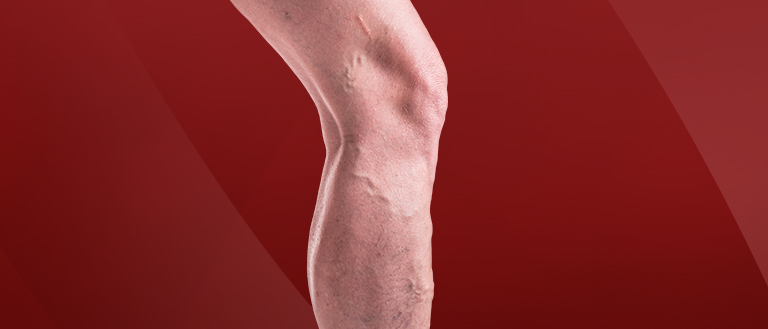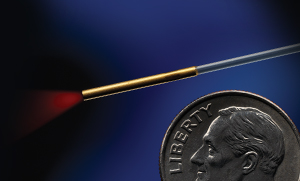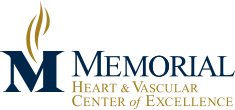Varicose Veins’ Causes

If you have questions about varicose veins, Memorial’s Heart and Vascular Center has answered common questions below.
Why do varicose veins occur?
Genetics play a big part when it comes to varicose veins, so they run in families. Many people are concerned that varicose veins are dangerous, but typically they are not life or limb threatening.
However, varicose veins can cause somewhat severe symptoms like skin damage, skin changes, pain, achiness, and leg heaviness. Sometimes these symptoms are disabling for people who work on their feet.
What are the causes of varicose veins?
The typical causes are genetics and being female. Men get varicose veins, but they’re 10 times more common in females.
- Inherited genetic predisposition
- Normal aging process
- Hormonal changes that relax vein walls, which put women at a greater risk than men
- Conditions that put excess pressure on leg veins (e.g. standing for long periods of time, obesity, and pregnancy)
- History of blood clots and conditions that increase pressure in the abdomen (e.g. tumors, constipation, and tight garments)
- Previous venous surgery
- Exposure to ultraviolet rays
Up to 40% of women and 25% of men are affected by varicose veins—and fortunately, treatment is available.
In This Section

Endovenous Laser Ablation
Learn about a state-of-the-art, in-office procedure that erases painful varicose veins.

